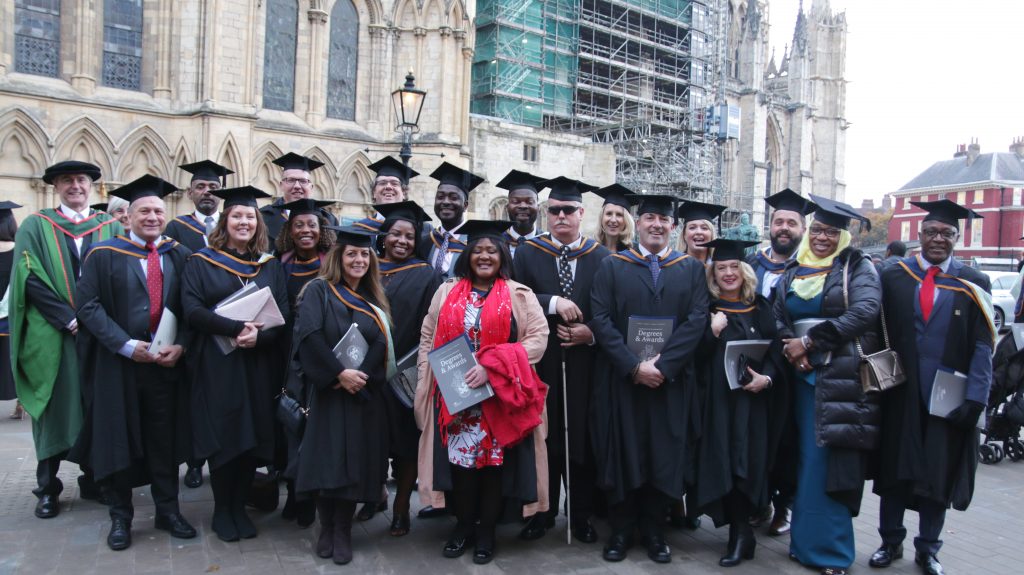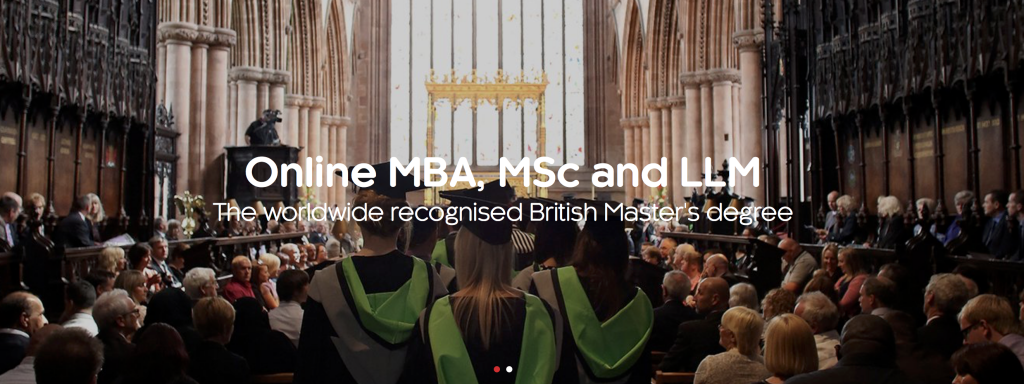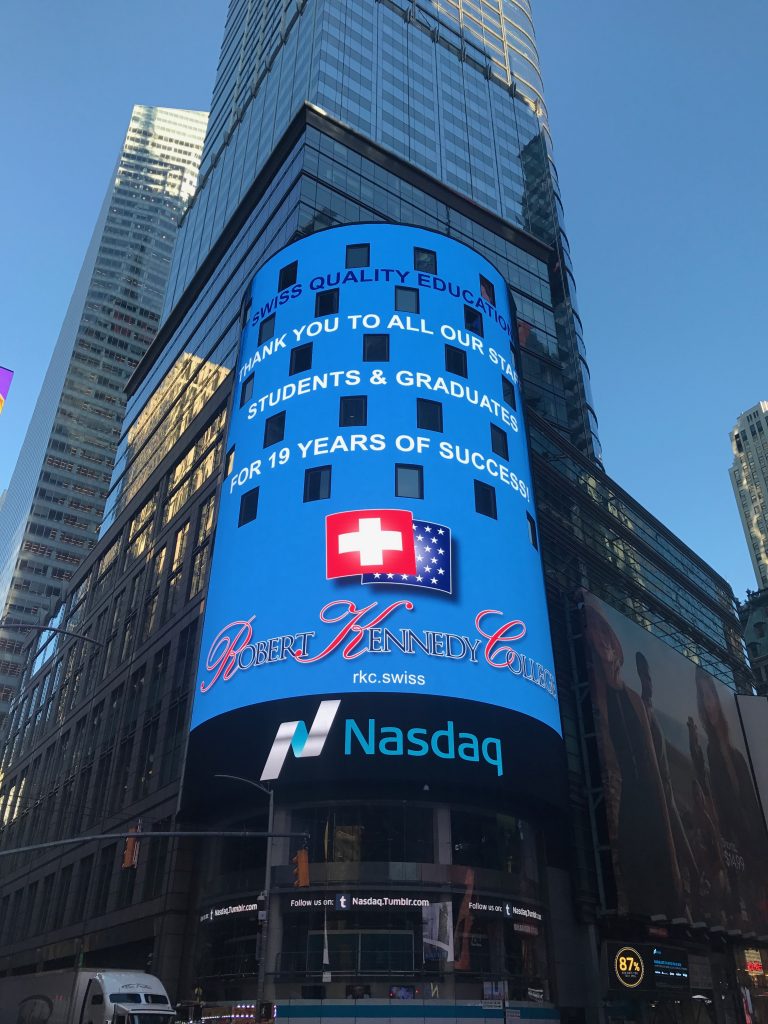Quite often we get one of these four questions:
What is the purpose of the residency? What happens during the week at the residency? Why should I attend it? And why is it important?
What better way to have the answers to these questions than to hear it from our alumni and faculty themselves!
The MBA programmes are taught mostly online via OnlineCampus (an interactive online learning environment) with intensive class discussion and collaboration, plus a one-week compulsory residency. Depending on your programme, the residency is held at two locations, Robert Kennedy College in Zürich and at the
Dr. Brendan Paddison, Director of Post Graduate Studies says, “One of the unique aspects of our programmes with Robert Kennedy College is the blended delivery.”
Here’s what student and faculty have to say about the residency.
“The people who take part in these residencies find them very rewarding, both in terms of amount of energy that they generate, the friendships that they give rise to and the insights that people get into the experiences of those who are working in quite different organizations”, says Dr. George Boak, YSJ Senior Lecturer – Leadership and Innovation.
The residency is held several times during the year offering flexibility to fit your busy work schedule. The only pre-requisite is to have completed at least one module before taking residency.
Cristina Rettig, PR Manager – Glass Manufacturing (Germany) 2018 Graduate found the Residency an essential part of the MBA Programme. She adds, “It’s fantastic to have this online system. It gives you freedom, you can plan your own schedule. But I think to really draw people into it, the residency to me is a really essential part. I loved it, I loved the residency, I found it great!”
Follow the link to find out more about the Online Masters programmes: https://york.mba/catalogue





